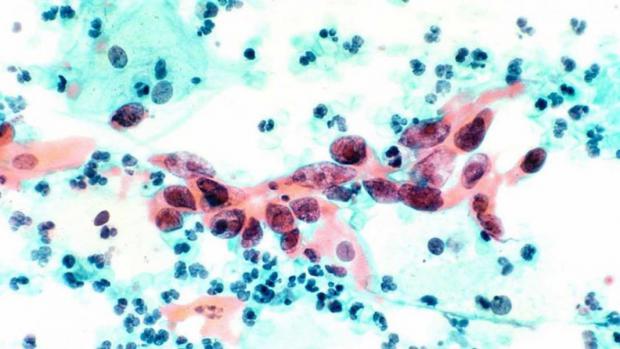
Breaking News
 One company does over 50% of all school photos in America and over 25% of school photos globally
One company does over 50% of all school photos in America and over 25% of school photos globally
 Your Water Filter Will Clog - The Medieval Sand Filtration System That Purifies Forever
Your Water Filter Will Clog - The Medieval Sand Filtration System That Purifies Forever
 Aaron Day - BTC and Stable Coins: 'The Creature From Epstein Island' (Publisher Recommended)
Aaron Day - BTC and Stable Coins: 'The Creature From Epstein Island' (Publisher Recommended)
Top Tech News
 SpaceX Authorized to Increase High Speed Internet Download Speeds 5X Through 2026
SpaceX Authorized to Increase High Speed Internet Download Speeds 5X Through 2026
 Space AI is the Key to the Technological Singularity
Space AI is the Key to the Technological Singularity
 Velocitor X-1 eVTOL could be beating the traffic in just a year
Velocitor X-1 eVTOL could be beating the traffic in just a year
 Starlink smasher? China claims world's best high-powered microwave weapon
Starlink smasher? China claims world's best high-powered microwave weapon
 Wood scraps turn 'useless' desert sand into concrete
Wood scraps turn 'useless' desert sand into concrete
 Let's Do a Detailed Review of Zorin -- Is This Good for Ex-Windows Users?
Let's Do a Detailed Review of Zorin -- Is This Good for Ex-Windows Users?
 The World's First Sodium-Ion Battery EV Is A Winter Range Monster
The World's First Sodium-Ion Battery EV Is A Winter Range Monster
 China's CATL 5C Battery Breakthrough will Make Most Combustion Engine Vehicles OBSOLETE
China's CATL 5C Battery Breakthrough will Make Most Combustion Engine Vehicles OBSOLETE
 Study Shows Vaporizing E-Waste Makes it Easy to Recover Precious Metals at 13-Times Lower Costs
Study Shows Vaporizing E-Waste Makes it Easy to Recover Precious Metals at 13-Times Lower Costs
Scientists Develop Ultra-Precise Lasers to Remove Cancers Without Damaging Healthy Tissue

Scottish scientists have developed a system of lasers that melt away cancer cells without damaging normal healthy cells.
Heriot-Watt University in Edinburgh is carrying on the long and celebrated tradition of Scottish medical breakthroughs nearly a hundred years after physician Alexander Fleming isolated penicillin. The research in the laser tech was funded by a £1.2 million ($1.6 million( grant from the Engineering and Physical Sciences Research Council.
Professor Jonathan Shepherd led the project, which he told Sky News successfully eliminated colorectal cancer cells in lab tests.
"We proved in the lab that our laser system can remove cancer cells in a way that restricts damage to the surrounding, healthy cells—within the width of a human hair," he said.
"We're building on our understanding of lasers in colorectal cancer surgery towards clinical application, and working on adapting it for brain, head, and neck cancers, where it could have huge benefits for patients," he added.
The technique involves firing the laser in pulses, each measuring about one trillionth of a second, thus preventing the transfer of heat to surrounding tissues.

 Why We'll Win
Why We'll Win
 Smart dust technology...
Smart dust technology...

